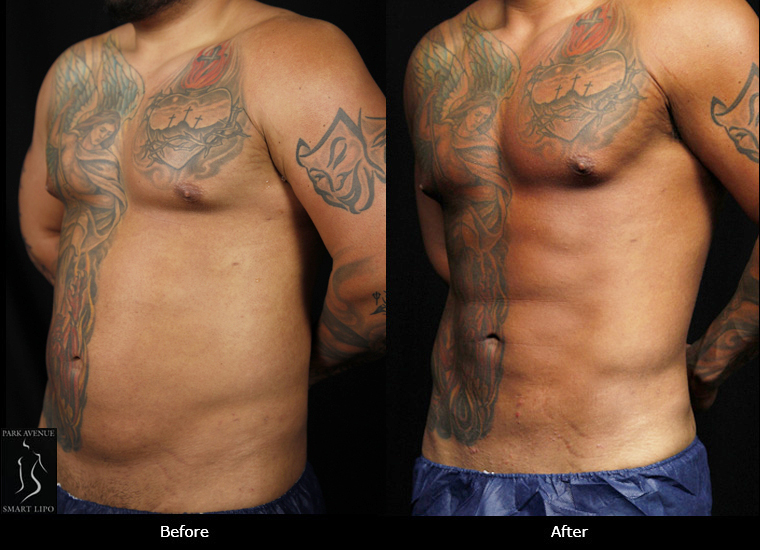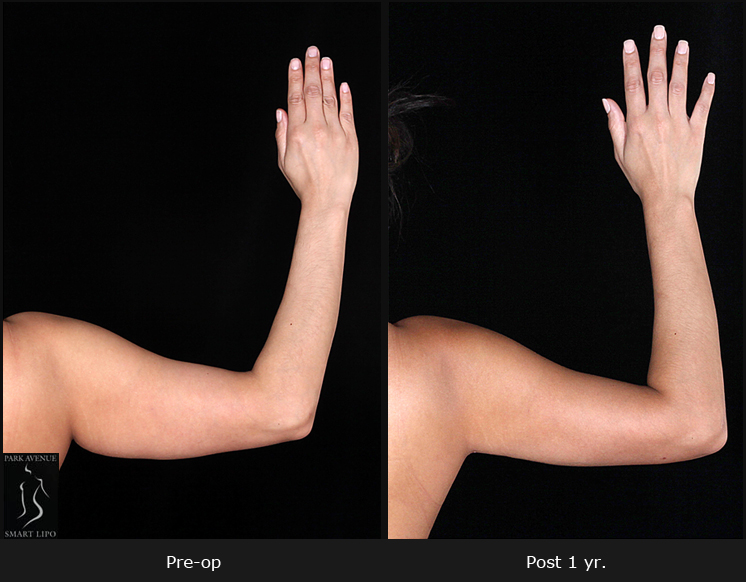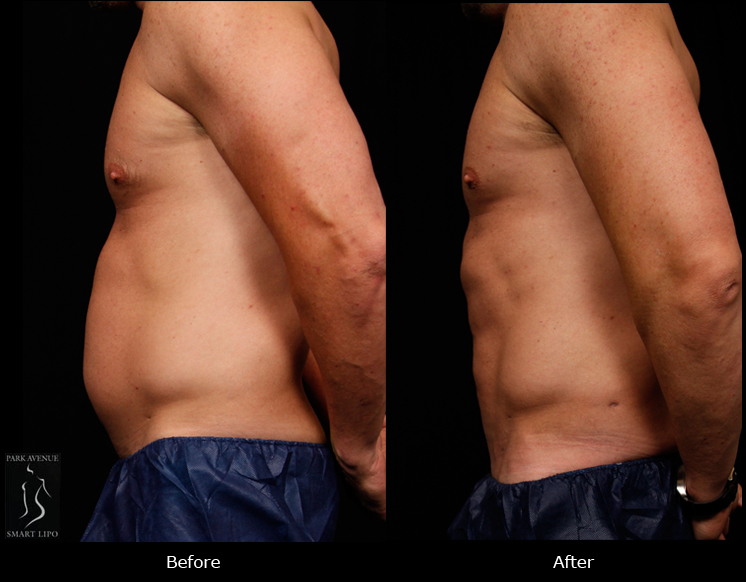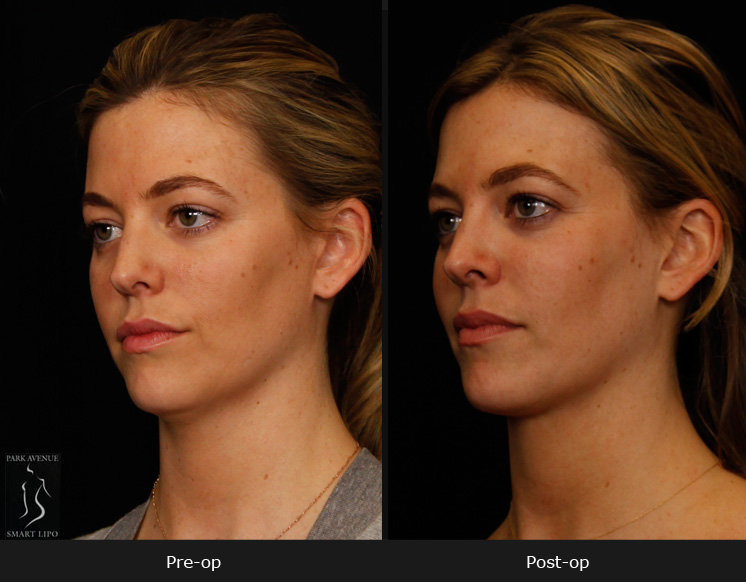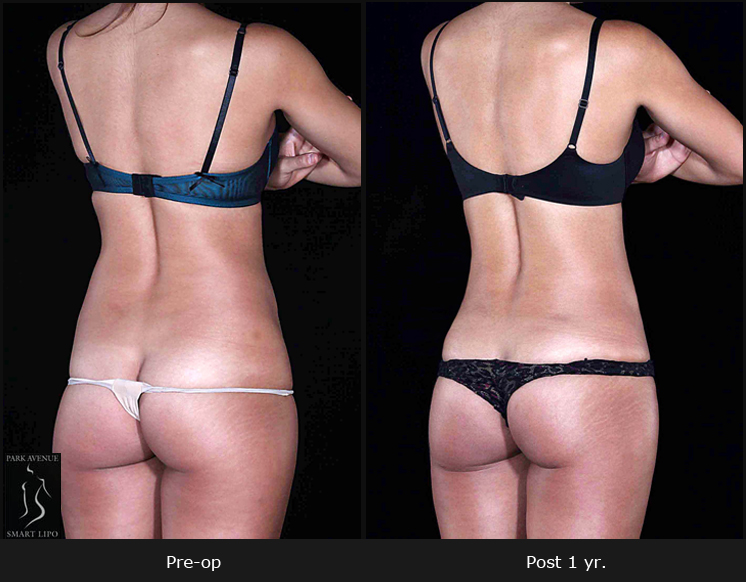Liposuction helps men and women achieve their ideal shape when diet and exercise fail to produce the desired results. While minimally-invasive techniques have set new standards for this body contouring procedure, the plastic surgeon’s experience and skills are crucial to achieve good aesthetic outcomes.
According to an article published in Cosmetic Surgery Times (CTS), the results of primary or secondary liposuction depend on the surgeon’s knowledge of the wounding process and understanding of how the tissues heal. The report aimed to show why the cosmetic results achieved may not always meet the patient’s and the surgeon’s expectations.
Liposuction surgeons need to know how to optimally wound the tissue when performing the procedure. This means handling the surgical intervention is a way that the tissues will heal properly to result in a uniform and predictable contouring outcome. Unsatisfactory outcomes with a primary procedure lead many patients to request a revision procedure. The most common reasons for a revision surgery include
- Either too much or too little fat is removed
- To improve uneven contours of the previous procedure
- Results did not meet the patient’s expectations
Secondary procedures are even more challenging. CTS cited an expert as saying, “Revision liposuction procedures are more challenging than primary liposuction procedures because they require a more aesthetic eye in terms of perfecting contour irregularities not achieved in the primary surgery.”
The patient who comes in for a secondary procedure would have already experienced loss of some degree of elasticity and pliability from the previous procedure. So the surgeon performing revision liposuction surgery would need to have even more “aesthetic finesse”.
An experienced surgeon would perform an accurate assessment of the skin, the patient’s age, the location of the fat and the ability of the skin to contract to provide optimal aesthetic results.
Age and extent of sun-damaged skin can impact the ability of the skin to contract down. Proper assessment of these factors is necessary to aesthetically contour the body when removing the fat in specific areas. Moreover, a good surgeon will also pay careful attention to the skin and how it retracts following the procedure. When wounding the tissues, care must be taken not to alter or disturb the network of nerves and blood vessels supplying the overlying skin. A skilled surgeon would not sculpt too close to the skin’s surface as this may result in uneven contours and affect the skin’s texture and blood flow patterns, leading to skin loss.
If you are considering liposuction in NYC, choose an AAAASF-accredited plastic surgery practice with experienced and skilled liposuction surgeons. With a proper evaluation of your specific considerations and their in-depth knowledge of the procedure, the right surgeon will be able to accomplish better fat removal and sculpting outcomes.

